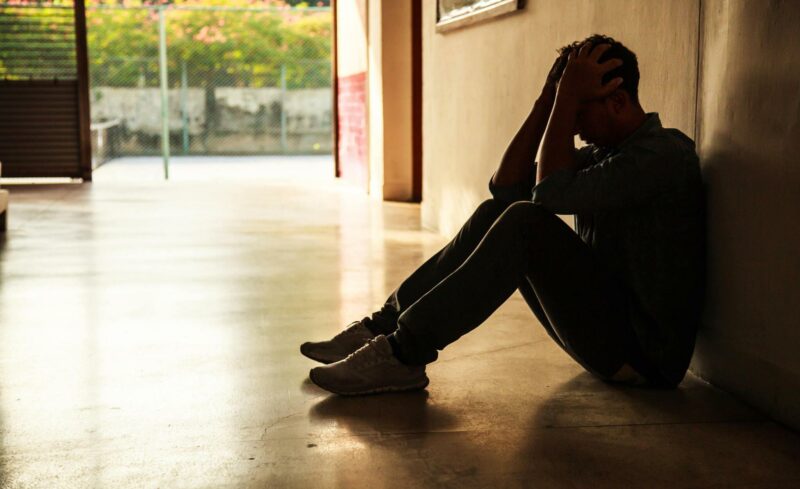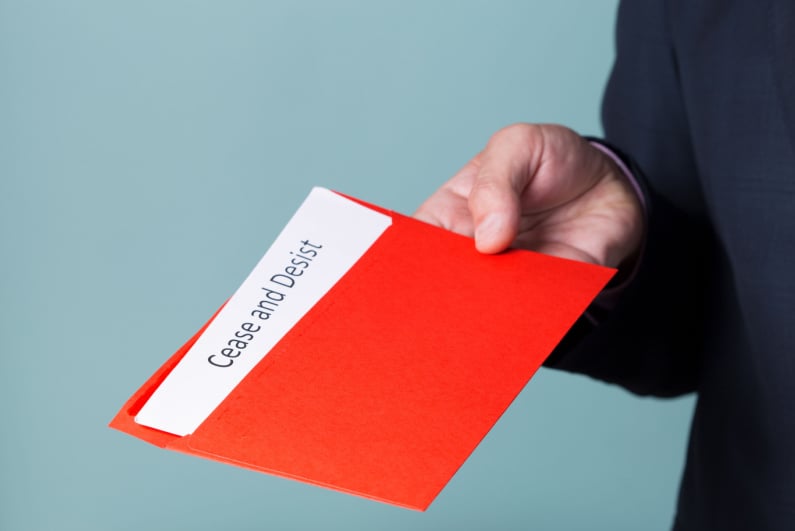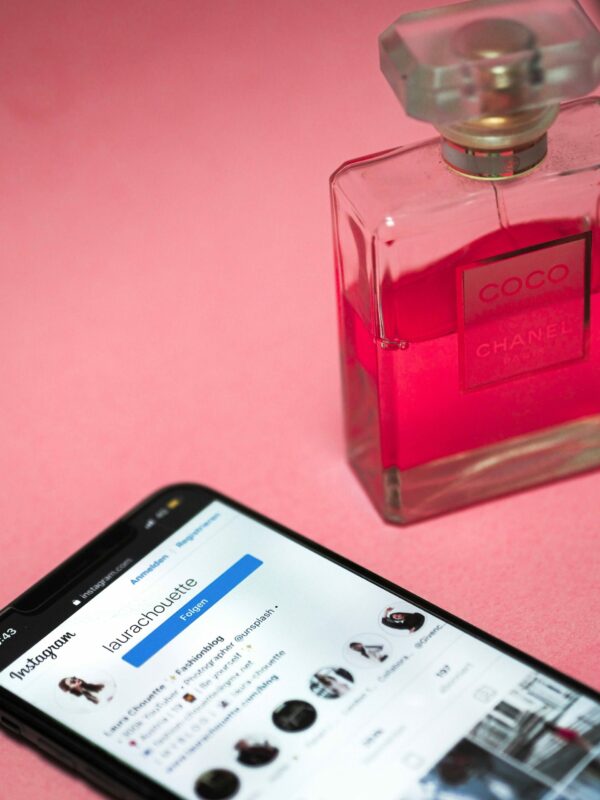
Para lograr una recuperación efectiva con el juego compulsivo, es crucial comprender la psicología que aborda el ciclo de la acción del juego. También es igual de importante adquirir las habilidades para salir del ciclo y entrar en la recuperación. Piensa en ello como si estuvieras en un carrusel y tuvieras que encontrar una manera de salir. ¿Cómo lo harías? Sigue leyendo, y te explicaremos cómo puedes arrojar una llave inglesa (habilidad de afrontamiento) en el ciclo en cualquier momento para evitar que continúe.

Pensamientos y Fantasías
El ciclo o episodio de juego comienza con tener pensamientos y fantasías de juego. Esta es la primera fase de “acción”, un término utilizado por profesionales que significa estar actualmente comprometido, ya sea consciente o inconscientemente, con pensamientos o comportamientos para apostar. Esto consiste en los pensamientos y fantasías de episodios pasados de juego, como recordar una gran victoria pero no las pérdidas (recuerdo eufórico). Las imágenes cerebrales han mostrado que los jugadores compulsivos “se emocionarán” solo con pensar en el juego. ¡Esto significa que el cerebro está realmente liberando dopamina (un neurotransmisor producido en el cerebro que ayuda a las personas a sentir placer, satisfacción y motivación a nivel químico), serotonina (un neurotransmisor que ayuda a controlar el estado de ánimo y juega un papel en la felicidad, el optimismo y la satisfacción) y adrenalina (una hormona que causa un aumento de la frecuencia cardíaca, presión arterial alta y respiración rápida y superficial para preparar el cuerpo para situaciones estresantes o intensas) sin ingerir ninguna sustancia como drogas o alcohol. ¡Todos estos cambios químicos que influyen en los pensamientos y comportamientos ocurren solo pensando en el juego!
Planificación
La segunda fase del ciclo implica encontrar formas y oportunidades para apostar, junto con el acceso al dinero y eliminar cualquier obstáculo que pueda surgir. También hay emoción durante esta fase. Es un desafío para el jugador lograr todo esto sin que nadie sepa lo que está haciendo. Esa es una emoción en sí misma.
Juego
Este es el comportamiento real de juego. Esta fase generalmente termina cuando algo externo la detiene, como falta de dinero, tiempo, ser descubierto o tener que lidiar con otras obligaciones.
Caída
Esta fase final es cuando la realidad se derrumba debido a la pérdida de dinero, promesas rotas y/o dificultad para cumplir con responsabilidades como facturas, alquiler, comida y deudas con familiares y amigos. Esta fase puede provocar una gran culpa, vergüenza, depresión y ansiedad. Los resultados pueden provocar emociones devastadoras hacia uno mismo y hacia los demás, manifestándose en ira, violencia física, comportamientos ilegales e incluso ideación e intentos suicidas. Puede haber sentimientos de impotencia y desesperanza de no poder detener la locura del juego desordenado. Finalmente, esta fase puede terminar con un proceso conocido como “El Arte de Sacarte del Agujero”, antes de que el ciclo comience nuevamente. Aprende más aquí.
El Ciclo Puede Ser Roto. ¡La Recuperación es Posible! ¡La Ayuda y la Esperanza Siempre Están Disponibles!
La Línea de Ayuda 888-ADMIT-IT, Confidencial y Multilingüe, está siempre disponible para ayudarte a detener el ciclo y conectarte con herramientas y recursos poderosos, sin importar dónde te encuentres. Nunca estás solo en la batalla contra el juego problemático. Además, considera los siguientes pasos para ayudar a detener este ciclo en cualquier punto del episodio:
Fase de Pensamientos y Fantasías:
- Establece barreras para el dinero. El acceso a recursos de Autoexclusión de Efectivo disponibles a través de la Línea de Ayuda 888-ADMIT-IT puede marcar una gran diferencia.
- Comparte con un amigo o familiar de confianza que estás teniendo pensamientos de juego.
- Recuerda cómo te sentiste la última vez que jugaste y perdiste.
- Escribe todas las consecuencias negativas que el juego te ha causado en tu vida.
Fase de Planificación:
- Llama o envía un mensaje de texto al 888-ADMIT-IT y pregunta sobre el Programa de Conexión entre Pares, donde puedes hablar con una persona en recuperación por problema de juego que ha estado en tu situación.
- Llama a un amigo o familiar en quien confíes, cuéntales lo que está pasando y haz planes para pasar tiempo con ellos en lugar de ir a jugar.
- Entrega cualquier tarjeta de crédito/débito/ATM y dinero en efectivo a tu cónyuge o un amigo de confianza para su custodia segura y evita tu capacidad de actuar por impulsos. Los Cuadernos de Trabajo de Autoayuda A Chance for Change de la FCCG, disponibles de forma gratuita a través del 888-ADMIT-IT, pueden ayudarte a desarrollar estrategias efectivas como esta y otras.
- Usa un auto-diálogo positivo. Tú PUEDES romper el ciclo y resistir el impulso de jugar.
Fase de Juego:
- ¡Tómate un descanso! Date tiempo para considerar las acciones que estás tomando y cuáles pueden ser los resultados.
- Busca recursos de Auto-exclusión para prevenir el juego continuo. Llama o envía un mensaje de texto al 888-ADMIT-IT para conectarte con estas herramientas, que están disponibles para formas de juego presenciales y en línea.
Fase de Caída:
- ¡Busca ayuda! Los Especialistas de la Línea de Ayuda 888-ADMIT-IT están disponibles las 24 horas, los 7 días de la semana, para proporcionar conversaciones informativas y sin prejuicios sobre tu juego y los recursos gratuitos que han demostrado ayudar en el camino hacia la recuperación. ¡Nunca es demasiado tarde ni demasiado temprano!
- Si estás teniendo pensamientos de auto-lesión, contacta a la Línea Nacional de Prevención del Suicidio al 988.
- Habla con alguien en quien confíes para ayudarte a establecer un plan para la próxima vez que te encuentres iniciando este ciclo.
Solo porque hayas jugado o recaído durante la recuperación NO significa que hayas fracasado. La recuperación del juego problemático es un viaje valiente lleno de desafíos. La recaída puede y ocurrirá en el camino hacia la recuperación completa. Es parte del proceso, especialmente con el juego compulsivo. Utiliza lo que sucedió como una experiencia de aprendizaje para estar mejor preparado para evitar una recurrencia del trastorno en el futuro. ¡Puedes hacer esto, y nunca estás solo!
¿Sabías que marzo es el Mes de Concientización sobre el Juego Problemático (PGAM por sus siglas en inglés)? El tema de este año es Ilumina el Problema del Juego Problemático: 888-ADMIT-IT Llena los Espacios en Blanco! Si tú o alguien que conoces están buscando respuestas a preguntas dejadas por la adicción al juego, la ayuda y la esperanza siempre están disponibles. Obtén más información en problemgamblingawarenessmonth.org y comparte esta importante campaña.

![[IMAGE] WEB LETTER: How NFT & Cryptocurrency Trading Can Be Just Another Form of Gambling](https://www.eponarescue.org/wp-content/uploads/2024/02/WEB-LETTER-How-NFT-Cryptocurrency-Trading-Can-Be-Just-800x533.jpg)


